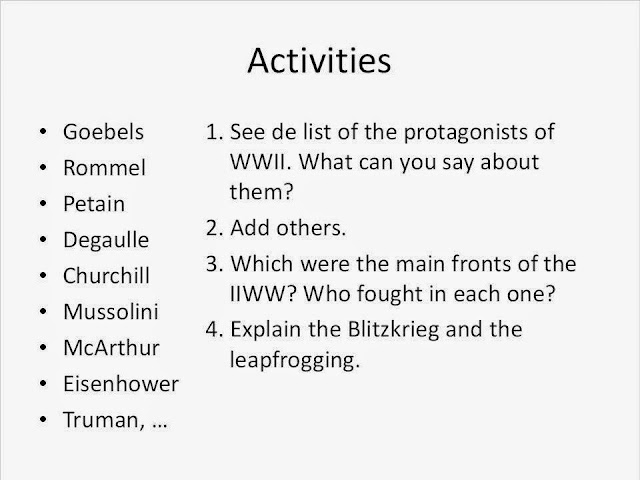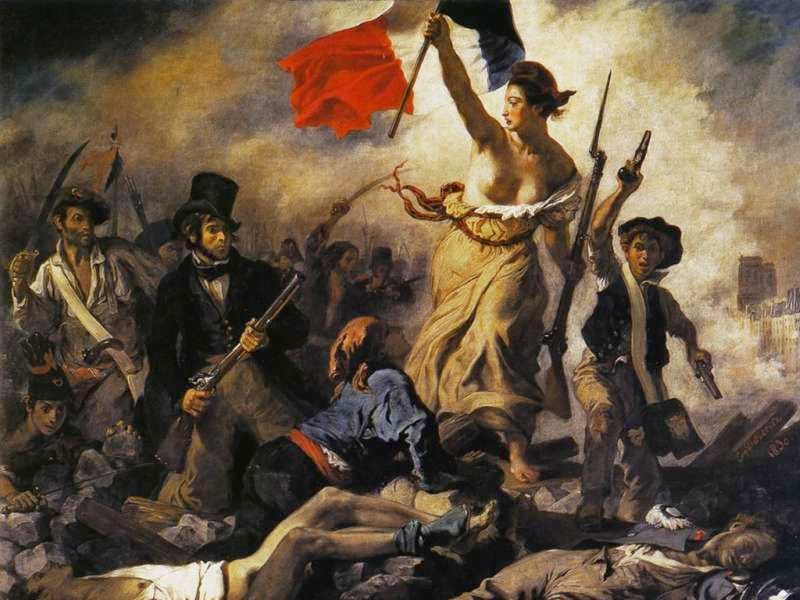Read the document: Extract from the Declaration of the Human Rights of Man and of Citizen and answer:
a) What are the rights of man and citizen?
b) Where is the source of all sovereignty?
b) What are the limits of the rights of each individual? What is freedom? (Art. 4)
c) How can the citizens' freedom be limited? (Art. 5)
d) Who makes the law? What must the law be like? (Art. 6)
e) How is the right of equality defined in the document?
f) Why do citizens have to pay taxes? What should they (the taxes) be like?
g) How is the property described in the document?
h) When was this document written? Who wrote it?




